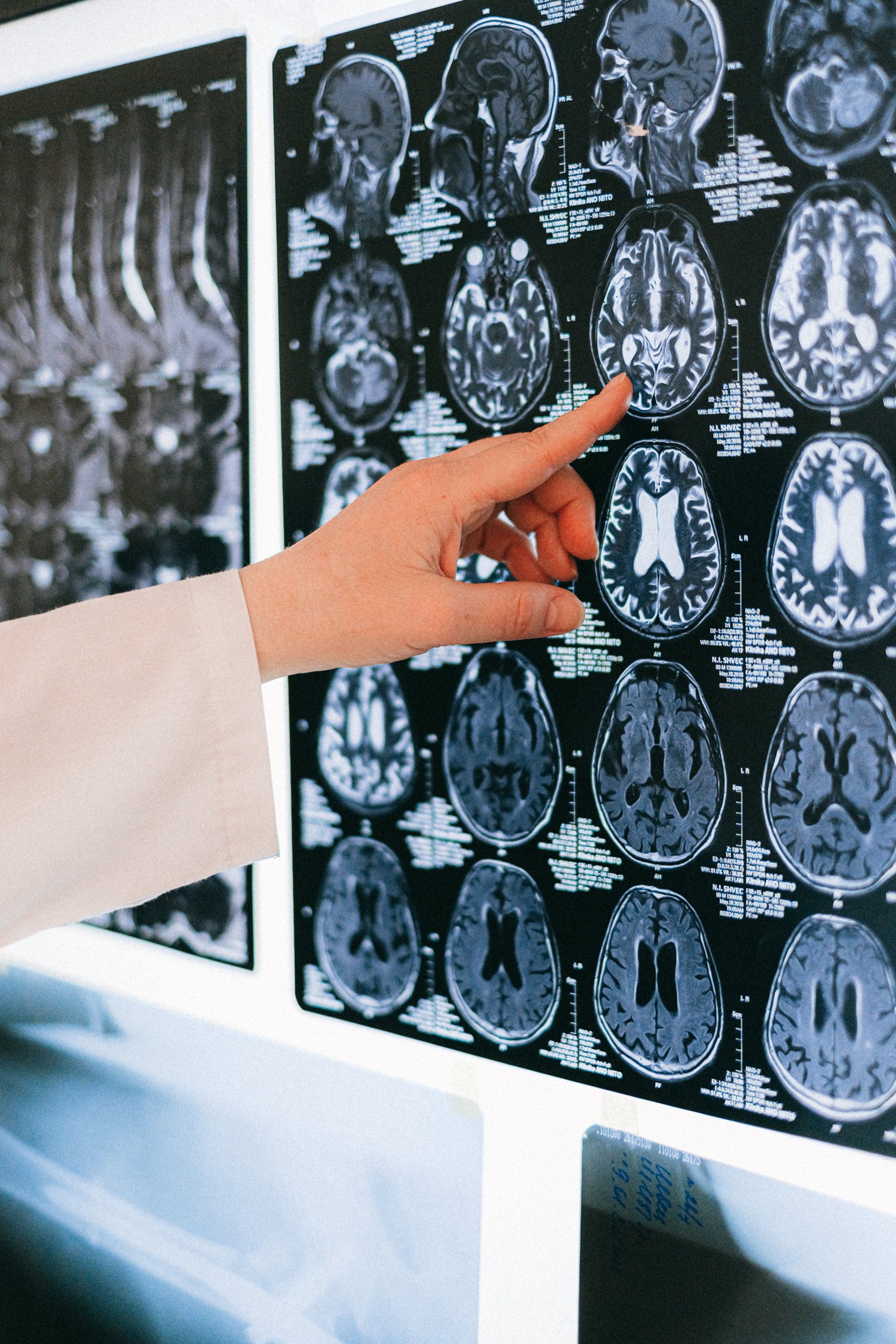Supporting Teenagers in Recovering from Traumatic Brain Injury: A Comprehensive Guide for Parents
Helping a teenager recover from a traumatic brain injury (TBI) involves a multifaceted approach that includes providing emotional support, practical assistance, and professional intervention. Creating a positive environment at home is crucial. This involves maintaining an encouraging atmosphere and focusing on the teenager's strengths and abilities, which can significantly boost their morale. Patience and understanding are key, as recovery is a gradual process. It's important to show empathy for their frustrations and emotional struggles, as this can make them feel supported and understood. Encouraging open communication about their feelings, fears, and progress, while listening without judgment, fosters a sense of being heard and validated, which is vital for their emotional well-being.
Practical assistance is essential in helping teenagers feel better about themselves. One effective strategy is setting realistic, short-term goals. These goals provide a sense of accomplishment and prevent the teenager from feeling overwhelmed by unrealistic expectations. Establishing a consistent daily routine offers structure and predictability, which can help reduce anxiety and improve focus. This routine can include regular times for therapy, schoolwork, rest, and recreational activities. Assisting with schoolwork is also crucial. Collaborating with teachers and school counselors to develop an appropriate academic plan ensures that the teenager’s educational needs are met without undue pressure. This might involve modifying assignments, providing extra time for tests, or offering tutoring support.
Professional intervention plays a significant role in the recovery process. Ensuring proper medical care and follow-up with specialists such as neurologists, neuropsychologists, and occupational therapists is vital for addressing the physical and cognitive aspects of TBI. Encouraging participation in individual therapy or support groups is equally important. These settings allow teenagers to share experiences, learn coping strategies, and feel less isolated in their struggles. Providing access to educational materials about TBI helps the teenager understand their condition and the recovery process, making it less daunting and more manageable. Knowledge empowers them to take an active role in their recovery.
Boosting self-esteem is another critical aspect of helping a teenager recover from a TBI. Promoting social interaction through activities and hobbies they enjoy and can manage helps rebuild confidence and social skills. This might involve joining clubs, participating in sports, or
engaging in creative pursuits such as art or music. Celebrating all progress, no matter how small, with positive reinforcement boosts self-esteem and motivation. Recognizing their efforts and achievements can make a big difference in how they perceive their progress. Modeling positive behavior by demonstrating effective coping strategies and self-compassion shows the teenager that it’s okay to seek help and express emotions. This can encourage them to develop similar healthy habits.
Utilizing educational and community resources can also aid in the recovery process. Seeking community programs and resources tailored for TBI patients, such as recreational programs, workshops, and support groups, provides additional support and opportunities for social engagement. Engaging with advocacy organizations dedicated to TBI awareness offers valuable resources and networks for families and survivors, creating a broader support system. These organizations often provide educational materials, counseling services, and connections to other families facing similar challenges. By combining these strategies, parents can create a supportive environment that fosters their teenager’s physical, emotional, and psychological recovery, helping them rebuild their self-esteem and confidence after a TBI.
Additionally, parents can help by educating themselves about TBI and its effects. Understanding the common symptoms and challenges associated with TBI, such as memory issues, concentration difficulties, and emotional changes, allows parents to better support their teenager. They can then implement specific strategies to address these challenges, such as using memory aids, breaking tasks into smaller steps, and practicing stress-relief techniques.
Finally, it's important for parents to take care of themselves as well. Supporting a teenager with a TBI can be emotionally and physically demanding. Parents should seek their own support through counseling, support groups, or respite care. By maintaining their own well-being, they can provide better care and support for their teenager. In conclusion, a comprehensive approach that includes emotional support, practical assistance, professional intervention, and self-care for parents can significantly aid in a teenager’s recovery from a TBI, helping them regain their self-esteem and confidence.













